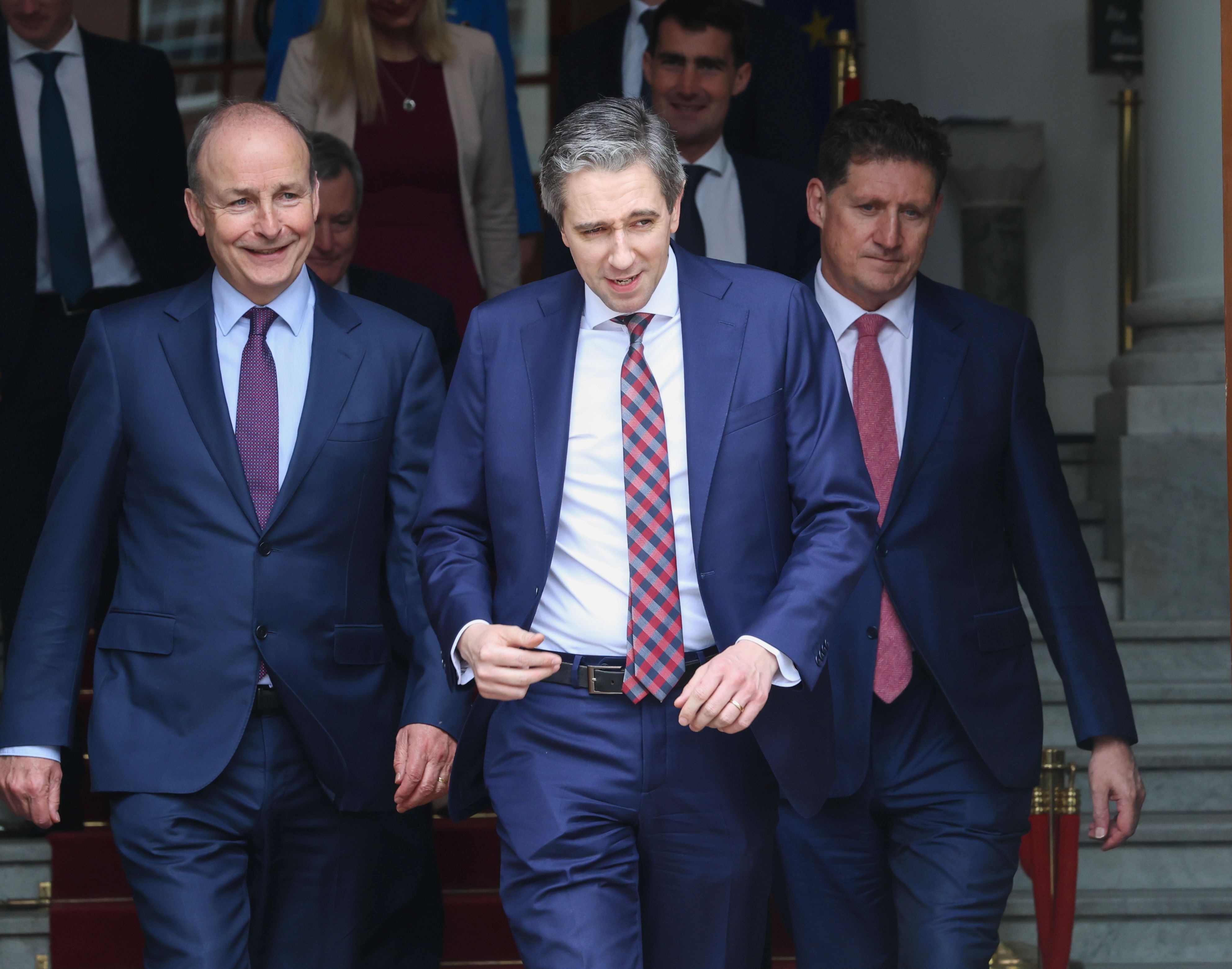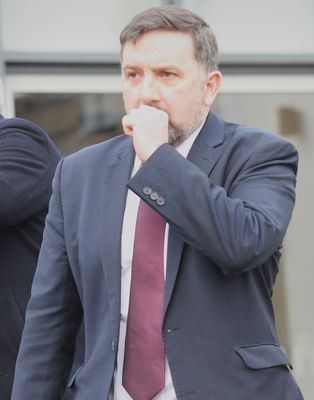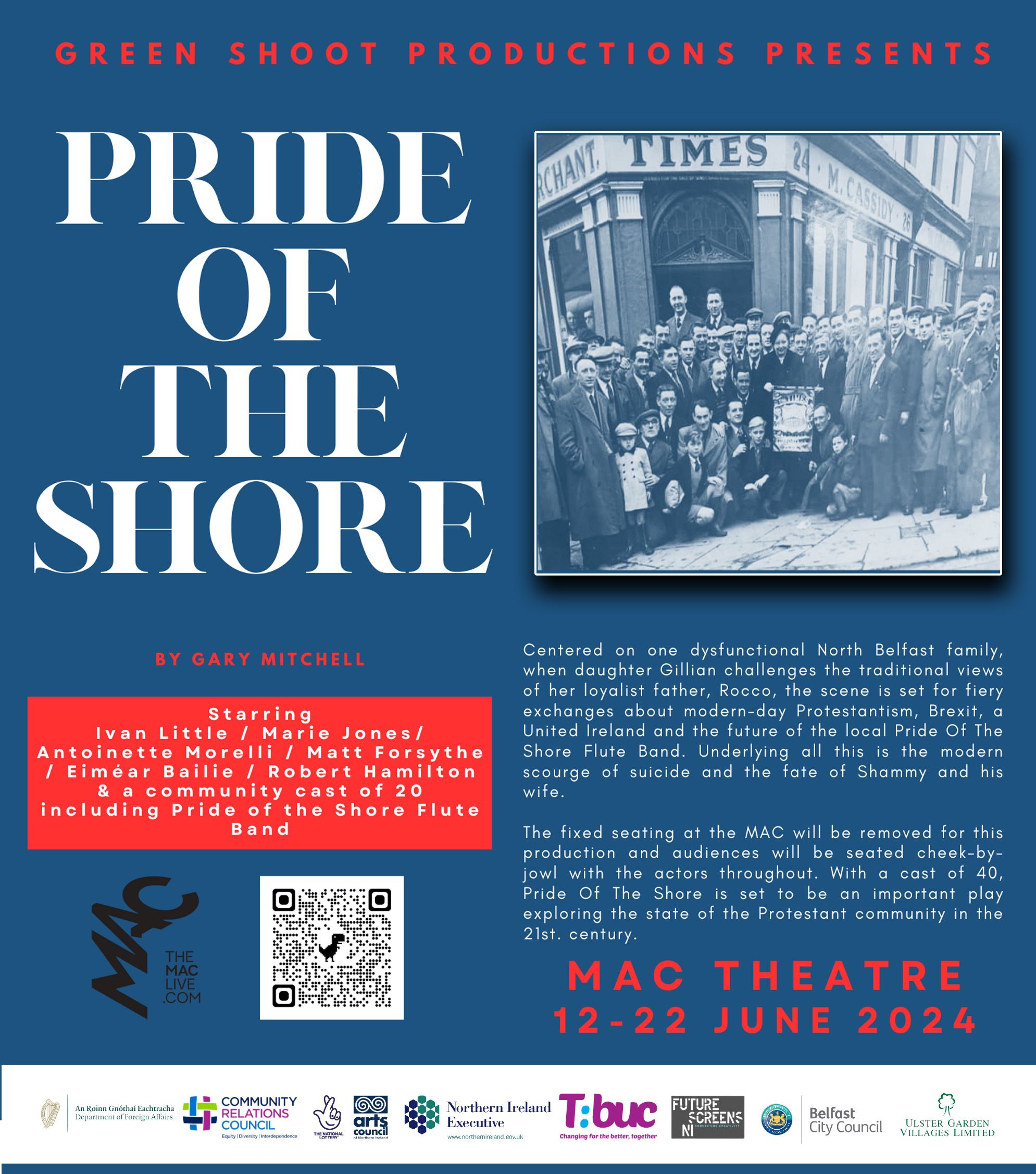IT WAS disappointing that outgoing Taoiseach Leo Varadkar left it to the last minute of his time in power to issue his most passionate and stirring statement of support for a united Ireland. The departing Fine Gael leader, responding to a recent debate about the cost of reunification, said no price could be put upon the desire of the Irish people for independence.
Nevertheless, it is undoubtedly the case that Mr Varadkar was more engaged than most Taoisigh when it came to the issue of the North – although given the wretched performance of former incumbents when it came to the national question, it didn’t need a prodigious leap for him to clear that particular bar. And we are modestly, not to pathetically, grateful.
His successor, Simon Harris, began his tenure with a statement on the North that on the face of it represented three steps back after that hesitant step forward by Mr Varadkar.
He declared that the issue of unification would not be a priority for him, and while that was fallen on joyfully by pro-union elements North and South, its practical import was negligible. His shambolic coalition government – now rendered risible by the addition of a Taoiseach without a mandate – has ten months left on the meter. Given the plethora of extraordinarily difficult challenges that it faces – all of its own making – and given the panicked decision of so many of his TDs to retire from political life in the face of current polling, it will be something of a surprise if he greets the autumn as Taoiseach.
So what have we on our hands? We have a new headmaster who has turned up for his first week at school only to find it’s Friday afternoon. Against that background, had Mr Harris thumbed his lapels and issued a passionate endorsement of Plunkett, Pearse and Tone, the reaction in these parts would have been, ‘Well, thanks, Taoiseach, but what are you going to achieve before your first and last summer recess in the big chair?’
Similarly, Mr Harris’s words of indifference to the idea of a united Ireland are rather less a worry to united Irelanders than they would be if uttered by a leader raised on the shoulders of his colleagues on the evening of a resounding general election win. Any Taoiseach in his position – sound or unsound on the national question, as the saying goes – would have as their priority preparing for an election that could spell the beginning of the end of the Civil War parties’ political domination.
As for the future, should Mr Harris achieve the unlikely feat of achieving a mandate from the people to lead, he will at best be capable of cobbling together another ‘rainbow coalition’ even more fractured and demanding than the current one. His personal feelings on the issue of unity – and he is pickled in traditional Fine Gael indifference – will not determine the state’s position on a constitutional conversation which will only have become louder and more compelling by the time the election rolls around.









